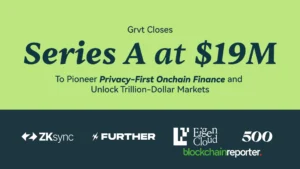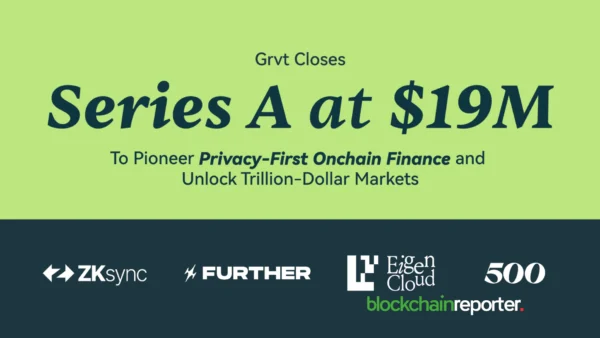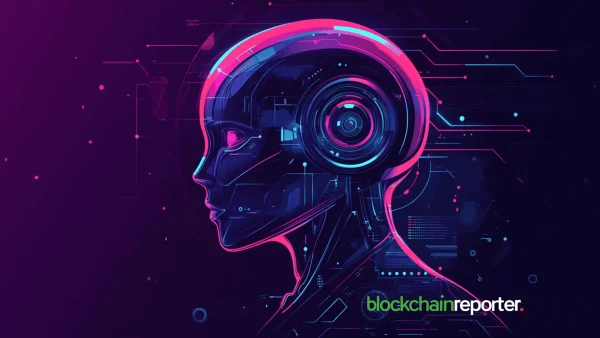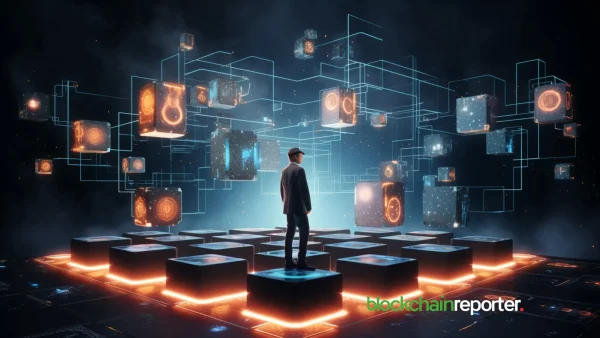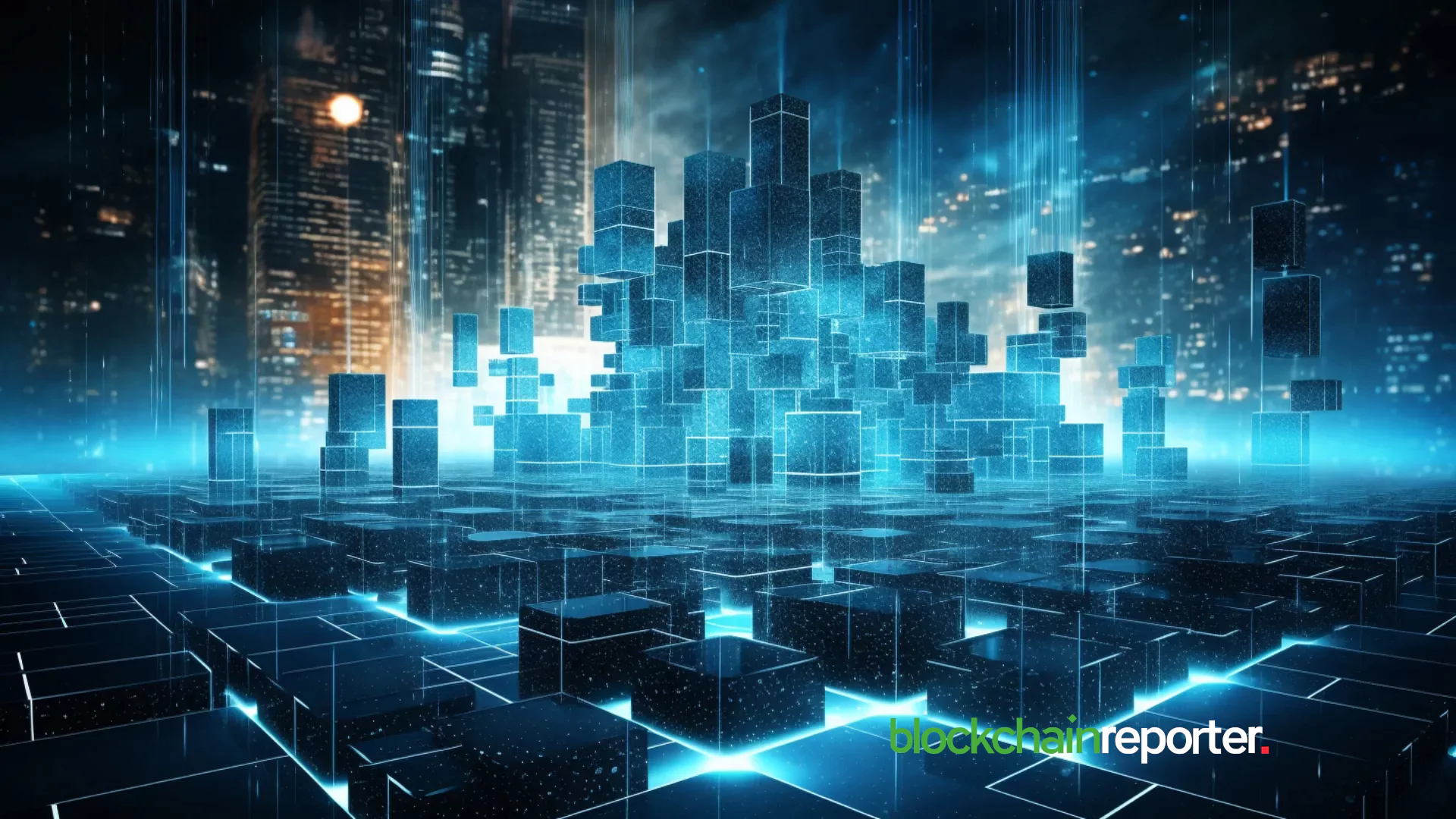
BlockchainReporter sat down with Paul Gambil, Founder and CEO of Nori, to discus blockchain, environmentalism and his firm’s recent partnership with Ganular.
BR: Environmentalism has gained a lot of traction in the last decade or so and so has Blockchain. Do you feel that one can help push adoption of the other or are they independent causes?
Gambil: They are most definitely interrelated. I hear over and over again that people have concerns with the environmental impact of Proof of Work (PoW) mining. While some blockchains are taking different consensus approaches, the ones that are stuck with PoW (e.g. Bitcoin) can leverage tools like Nori to help deal with the carbon emissions from all that electricity usage. Likewise, our marketplace needs blockchain to provide transparency and audibility to the market. They both help push each other forward.
BR: What do you feel that Carbon Removal Certificates (CRCs) can do, long-term, to address climate change?
Gambil: Climate change is a straightforward arithmetic problem: there are too many greenhouse gases in the atmosphere. Even if we turned off all emissions around the world tomorrow, we’d still be stuck with over one trillion tonnes of excess CO2 floating around in the atmosphere causing global warming. The Nori carbon removal certificate is a way for people to verifiably remove CO2 and get paid for doing so. Our vision is to create a positive feedback loop of ever growing incentives for more and more people and companies to invest in removing CO2 from the atmosphere. If we make reversing climate change a profitable endeavor, then we’ll actually be able to solve the problem at a grassroots level. No more waiting around for policymakers and voters to make up their minds.
BR: How efficient is the process of determining Carbon Dioxide removal and how does Nori achieve that?
Gambil: There are many different methods for removing CO2, including regenerative agriculture, forestry, growing kelp, direct air capture, embedding CO2 in construction materials, and more. Our first focus is on the agricultural methods, by which farmers can draw down CO2 and store it in their soil, thereby increasing the health and quality of their soil and increasing crop yields. But measuring and verifying is indeed a challenge—which is why Nori is the first market to attempt to provide that measurement credibility. We are working with soil scientists at Colorado State University’s COMET-Farm to model out the amount of CO2 sequestered by the farmers. That data will be independently verified by third party verifiers. Each new methodology for carbon removal will have its own methods for measurement and verification, and we’ll be developing more of those after we launch the market.
BR: How does the use of Blockchain aid Nori in carrying out its work?
Gambil: (We wrote a blog post about that here.) One of the big problems in existing carbon markets is transparency and avoiding double-counting. Blockchain is a perfect tool for us to use because the most basic application of a digital ledger is to avoid double-counting. It also helps in creating the NORI token, because that allows us to set a monetary policy that should over time incentivize more and more people to remove CO2.
BR: Where do you see Carbon Dioxide removal in the next decade, even as the world is ‘Going Green’?
Gambil: Carbon removal is still a small, but growing industry. But the world needs to collectively take action in scaling carbon removal methods. When Nori has launched and is available for customers to use to clean up their carbon emissions, we should see a new gold rush where companies clamor to invest in different ways to utilize carbon dioxide. We’ll know Nori is successful when the carbon removal industry has grown to the scale of removing gigatons of CO2 every year.
BR: Could you tell us a bit about your partnership with Granular?
Gambil: Granular is a farm management planning tool that helps farmers track all sorts of data about their farm and make good decisions about what to do next for their business. This is an amazing opportunity for Nori because we need lots of data from farmers in order to measure their carbon sequestration, and Granular has most of that data. What this enables is a way for farmers to very easily get paid for storing carbon by simply connecting to the Nori market through Granular.
BR: What other projects is Nori working on for the near future?
Gambil: Right now we are working with a few select farmers in pilot projects to capture their data and convert that into verified Carbon Removal Certificates. We’re doing this on a small scale first so that we can fix any issues in the process before scaling it to a larger user base. We’re also in discussions with many different companies in the food, travel, and IT industries about buying Carbon Removal Certificates to clean up their carbon emissions. And there’s a lot of work to be done for regulatory compliance, but we’re in contact with the relevant agencies in Washington DC, because we want our customers to have full faith and confidence in our ability to legally provide the services we are.
About Granular
Granular is an agriculture software company dedicated to building stronger and more profitable farms. With web and mobile apps grounded in advanced data science technology, Granular helps farmers make data-driven, real-time business and agronomic decisions with greater confidence. Granular is an independent, wholly owned subsidiary of Corteva Agriscience™, Agricultural Division of DowDuPont (NYSE: DWDP).
About Nori
Nori is the world’s only carbon dioxide removal marketplace. We are building a transparent and secure platform that will allow anyone in the world to pay to remove excess carbon dioxide from the atmosphere. Our voluntary marketplace will enable carbon removal suppliers to connect directly with buyers, improving efficiency and reducing costs.
The Nori platform ensures easy and more reliable carbon accounting, reduces transaction costs for both buyers and sellers in the CO2 market, and enables a secure payment process for removing carbon dioxide (and other greenhouse gases) from the atmosphere.
The Seattle-based firm won the ConsenSys-backed Blockchain for Social Impact Coalition Hackathon in the energy and environment category in 2017.
For more information, visit www.nori.com, follow the company on Facebook, Instagram, and Twitter or check the Nori blog and Reversing Climate Change podcast.

